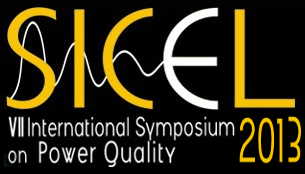Effect of the power system grounding on power quality
Keywords:
Grounding, transients, overvoltages, Power Quality. (es)
Downloads
Many of the power quality problems suffered by industrial, commercial and domestic customers are caused by the adopted grounding scheme. Power quality problems range from just a sensitive equipment dropout to appliance damage. Also, there are several problems generated mainly by three power quality issues – overvoltages, harmonics, and unbalance – which have a crucial effect on the grounding behavior. The problems generated during a primary fault by the utility-transformer grounding – and their transmission towards the customer circuit – are analyzed. The analysis includes the lightning hitting the lightning-rod into the low-voltage circuit, passing through the surge protective device at a larger magnitude. Several examples describing the equipment damage risk and actual solutions are given in the paper. Also, some conflicting aspects between sensitive-equipment operating conditions and personnel safety against electric shocks are discussed. The effect of the harmonics (triplens) circulating through the neutral and/or protection conductor is analyzed mentioning the filter phenomena presented by these current paths. Due to the wide application of communication systems operating at high and very high frequencies, parts of the grounding circuit are becoming more an antenna rather than a single conductor. Advantages and disadvantages of the “isolated grounding” are discussed for its application to highly sensitive equipment, such as control machine tools. Practical situations are given in the paper, describing the problems and their adopted solutions. It is concluded that although circuits are built according to the installation regulations, problems of grounding and power quality are frequently arising today.












